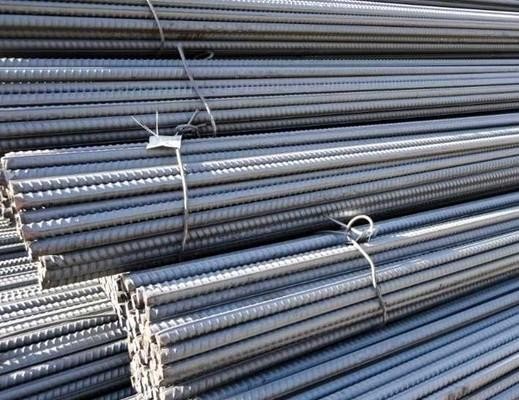How To Export Iron Bars From Kenya: Importing Raw Iron Bars for Sale in America
How To Export Iron Bars From Kenya: Importing Raw Iron Bars for Sale in America
In this article, we will introduce the novice importer with everything they need to know about exporting iron bars from Kenya. The process of importing raw materials is slightly more complicated than importing finished goods. However, if you understand what documentation you need and how to go about obtaining it, it’s not as difficult as you may think. If you want to import iron bars from Kenya into America, there are some things you should know. Depending on your personal circumstances and why you want to import these raw materials in the first place, there are different ways to do so. If your intention is for business use or personal use, this will affect which documentations you need to get. Read on for more information.
Documentation for importing iron bars from Kenya
Before you even begin to consider importing raw materials into the USA, you will need to get all the necessary documentation in place to do so. You need to arrange the following documentation to import iron bars from Kenya: –
Reasons to import raw materials
There are many cases where importing raw materials makes sense, although each case is different. There are three common reasons why people import raw materials: –
## How to export iron bars from Kenya: Licensing Process
You need to be licensed to export raw materials from Kenya if you are importing them to America. This ensures that the goods are safe and fit for use. The licensing process varies from product to product, so you need to check the specific requirements for the item that you are exporting. However, the general process is as follows: –
How to export iron bars from Kenya: Consignment Process
Consignment is the process of sending goods to another country for resale. Instead of exporting the iron bars directly to the USA, you can send them to a local importer who then exports them. The advantage of this is that you don’t have to deal with the licensing process. There are a few things that you need to consider before choosing a consignee. You need to make sure that the importer is trustworthy and has a good reputation in the industry. You also need them to have the correct licenses to import the iron bars into America.
The consignee will usually charge a fee for their services. You should negotiate a fee with your potential partner before you make the deal. Make sure that it’s a fair price and suits both parties before making a commitment.
How to export iron bars from Kenya: Customs Process
Once you have arranged for the iron bars to be exported from Kenya and imported into America, the iron bars are subject to customs inspection. The customs process is different for each importer and each product that you are importing. You need to make sure that you have filled out the correct customs documentation before the shipment reaches the port of entry.
The customs officers will inspect the goods when they arrive and make sure that they are safe to use. They will also make sure that they have the correct duty rates and that you have paid all the taxes correctly.
Conclusion
Iron bars are a common item that you can import into America from Kenya. There are two main ways to import iron bars: the consignment process and the licensing process. When you export iron bars from Kenya for import into America, you need correct documentation for each iron bar. When the shipment arrives at the port of entry, customs officers will inspect the iron bars to make sure they are safe to use.








LEAVE A COMMENT
You must be logged in to post a comment.